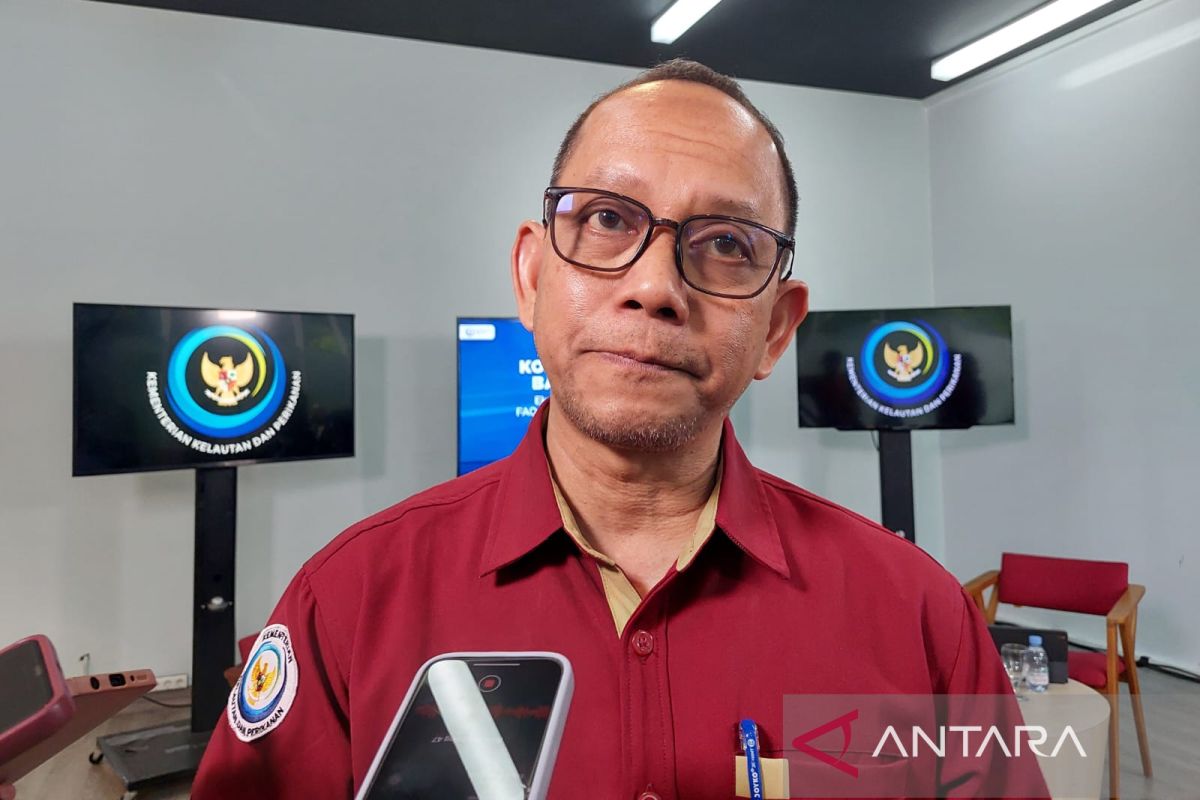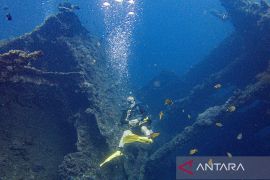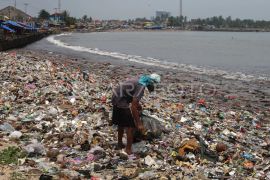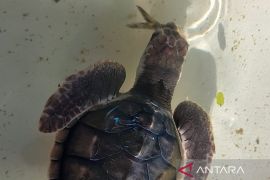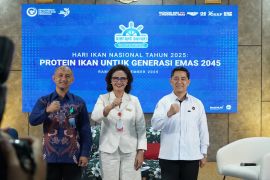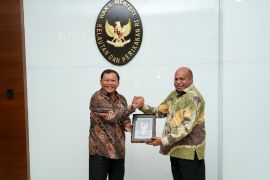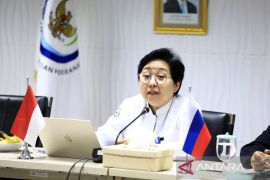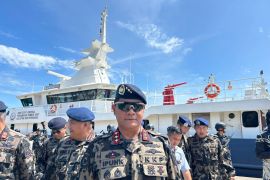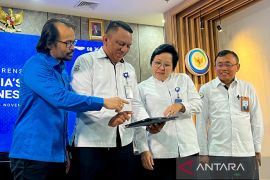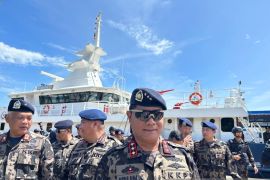According to Wibowo, PIT tends to regulate issues related to fisheries governance in general, based on catch quotas. Meanwhile, the PSMA constitutes a specific means to suppress the practice of illegal, unreported, and unregulated fishing (IUUF).
"Whether PSMA and PIT will overlap each other, the answer is a solid no. The PIT regulations address issues in a broader range related to fisheries governance, in general, based on catch quotas, so that people's fishing quotas will be restricted," he explained at a press conference in Jakarta on Tuesday.
The PIT, he added, tends to govern more locally, and the permits for the fishing practices it regulates are reviewed through non-tax state revenues (PNBP) in the post-production stage.
PSMA itself constitutes a number of provisions formulated by governments to address issues related to foreign fishing vessels that wish to enter and/or utilize port facilities of the states that are parties to the agreement.
The provisions of the agreement have been made in the hopes of preventing, impeding, and eradicating IUUF.
Meanwhile, PIT is a policy formulated to ensure the sustainability of fishery resources and to enable fishing ports to become new economic satellites in coastal areas, particularly those located in eastern Indonesia.
Up till this point, he added, the KKP Ministry is still preparing derivative rules to the Government Regulation (PP) No. 11 of 2023 regarding PIT that was passed into law on March 6, 2023.
"Akin to last week, derivative rules of PIT are still in the stage of formulation. This is not a significant update, but we have made efforts to strengthen our internals," he informed.
Related news: PSMA meeting to discuss measures against illegal fishing
Related news: Downstream effort will help bolster seaweed production: Minister
Translator: Sinta Ambarwati, Tegar Nurfitra
Editor: Rahmad Nasution
Copyright © ANTARA 2023
